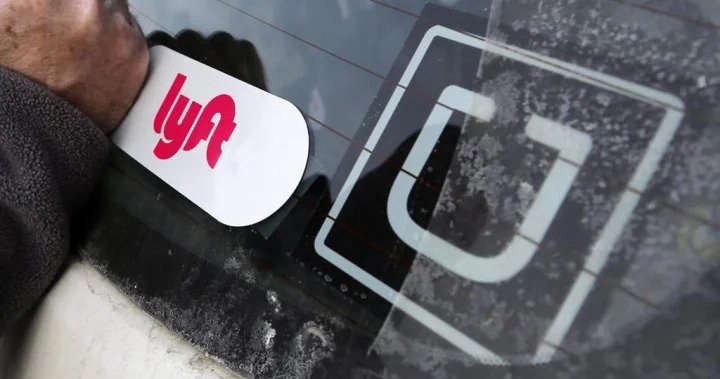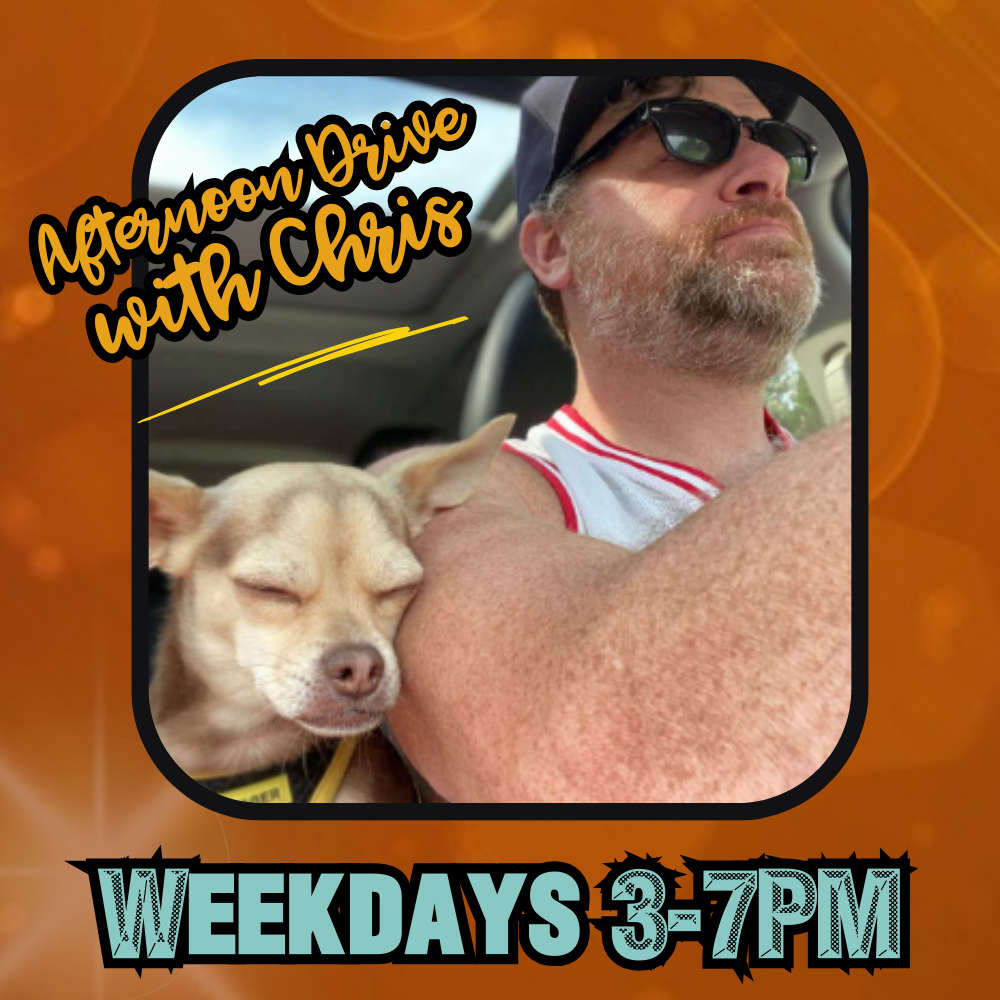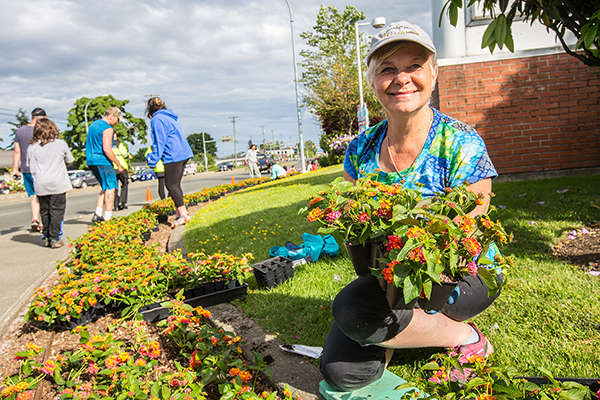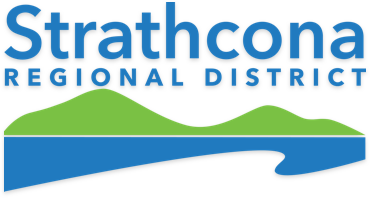
Gig workers are getting their say as the BC government reviews employment standards for those working through app-based ride hailing and food delivery services.
Ride-hailing and food-delivery workers on Vancouver Island can provide input about their work at in-person roundtable meetings in Victoria, Nanaimo, and Parksville this week.
The province wants to hear about the working conditions, the challenges they face and what employment-standards-related changes they would like to see.
In May 2020, a Statistics Canada report estimated about one in 10 Canadians in the workforce (approximately 1.7 million people) are gig workers.
As it stands now, App-based drivers are paid only for ‘active time’ and may earn less than minimum wage for a shift as part of work that's outside of a long-term relationship with a particular employer.
The roundtables are part of a provincewide precarious-work strategy reviewing issues with gig work to ensure that appropriate employment standards are in place.
App-based ride-hailing and delivery workers may attend a roundtable in their community to provide input about the work they do, their working conditions, the challenges they face and how employment standards could address the challenges.
Government wants to hear from workers who use this as their primary source of income and those who use it as supplementary income.
Translation services will be provided where possible. Written comments can be submitted online: precariousworkstrategy@gov.bc.ca
The sessions will be scheduled throughout November 2022 in communities throughout the province.
As they are confirmed, details of each roundtable will be posted online: www.gov.bc.ca/gigworkconsultation

 Courtenay - Mile of Flowers Volunteers
Courtenay - Mile of Flowers Volunteers
 SRD - Accessibility Plan
SRD - Accessibility Plan
 Cumberland AAP Wastewater Drop In
Cumberland AAP Wastewater Drop In
 Ronna-Rae Leonard - Running Again
Ronna-Rae Leonard - Running Again
 Psychotherapy Care
Psychotherapy Care
